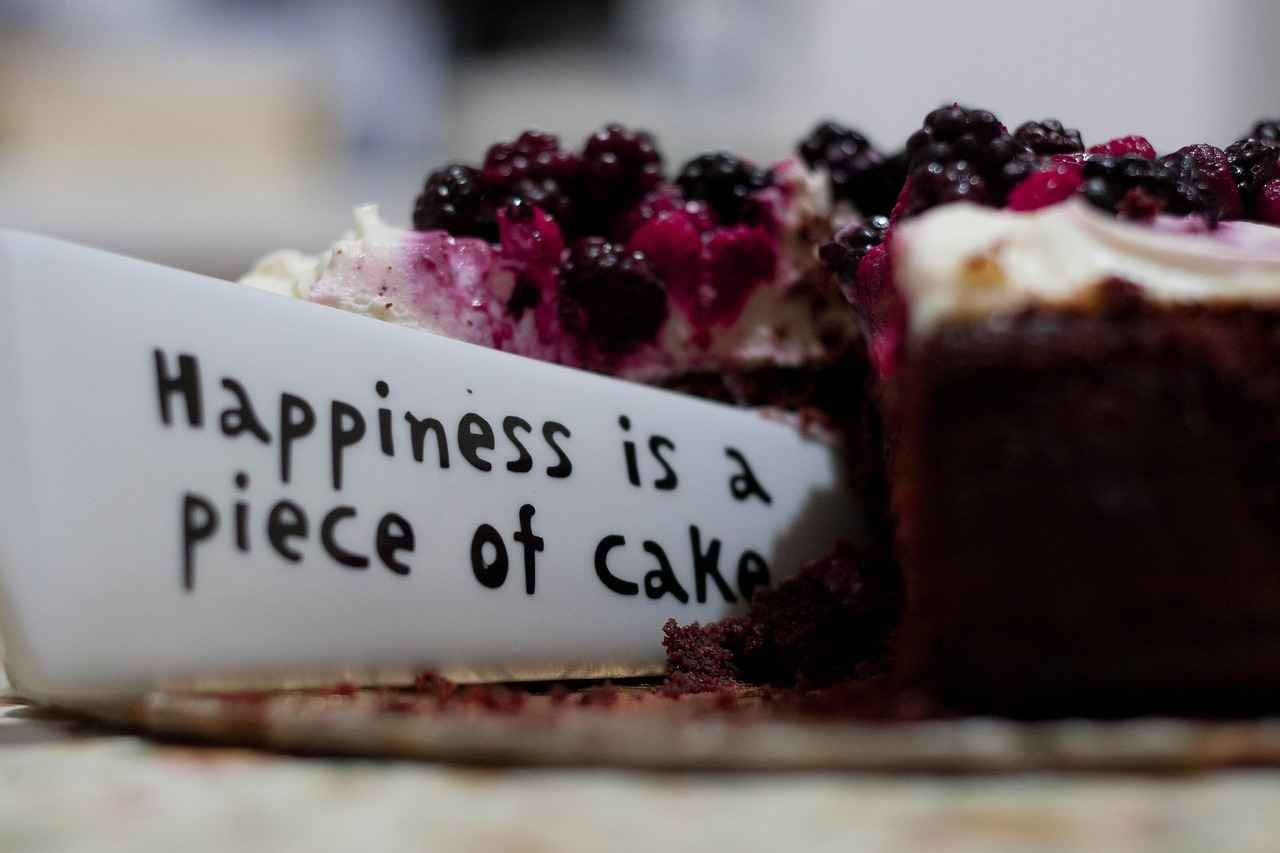Anxiety is undoubtedly one of the evils of our time. According to the World Health Organization, more than 260 million people worldwide suffer from anxiety disorders. This accounts for over 3.5% of the global population. However, those who suffer the effects of anxiety without it reaching the state of a disorder are many more.
For this reason, beyond the professional help that may be important in many of these cases, it is also good to know natural ways to reduce the anxiety that daily life often leads to. This includes too much work, too many social commitments, financial difficulties, relationship problems, and much more. Listed below are the top three non-pharmacological alternatives to combat anxiety in its early stages.
Do Physical Activity
Physical activity is one of the best ways to reduce your stress levels. It makes sense because exercise promotes norepinephrine production, a substance that moderates the brain’s response to stress, and endorphins, the neurotransmitter known as “the happiness hormone” since it produces feelings of well-being and joy. It also helps secrete dopamine and serotonin, other chemical agents that contribute to these pleasurable sensations.
Take Walks In Nature
Recent studies have shown that a walk through the woods, fields, and other natural environments can help us relax and leave behind the so-called “morbid rumination,” the thoughts that return to the mind again and again, which can become obsessive and be the cause of stress and anxiety. Researchers have also discovered other benefits of long nature walks, such as an improvement in working memory and long-term memory, which is necessary for complex cognitive tasks like reading or mathematical operations.
Overcome Procrastination
High levels of procrastination or the habit of postponing necessary tasks to dedicate time to more entertaining but less relevant tasks are related to stress and anxiety (as well as poor school and work performance and worsening of some diseases). How to fight against this tendency to leave for tomorrow what we could do today? Some simple tips are to visualize how good it will be to “get it done.” Think about the feeling of getting the job done, and give yourself small rewards for each task you accomplish throughout the day.
Conclusion
Anxiety and stress have become a part of our everyday lives, but that does not mean that we cannot take the necessary steps to evade these problems. Take it one step at a time and remember that you are not alone.





